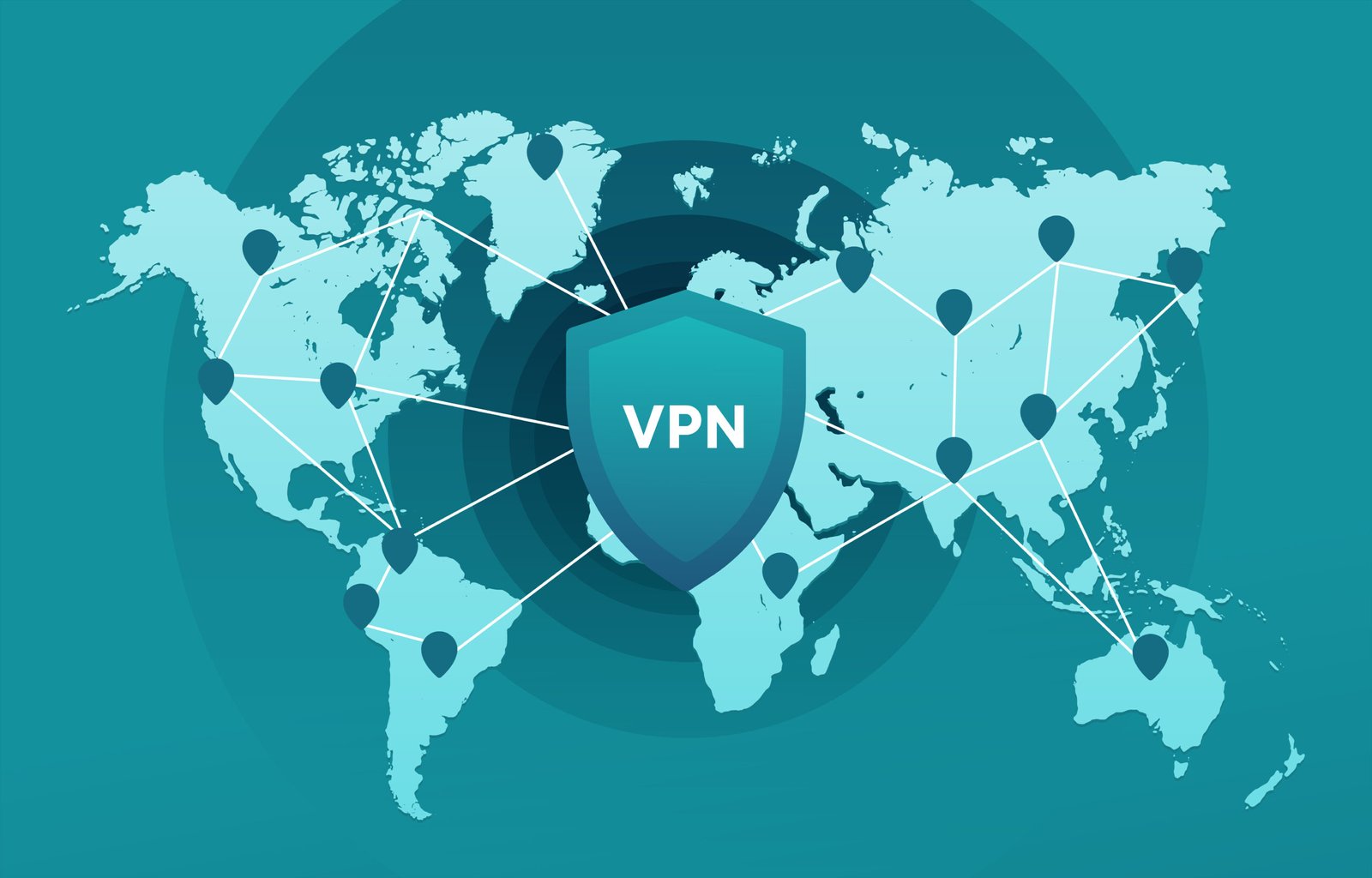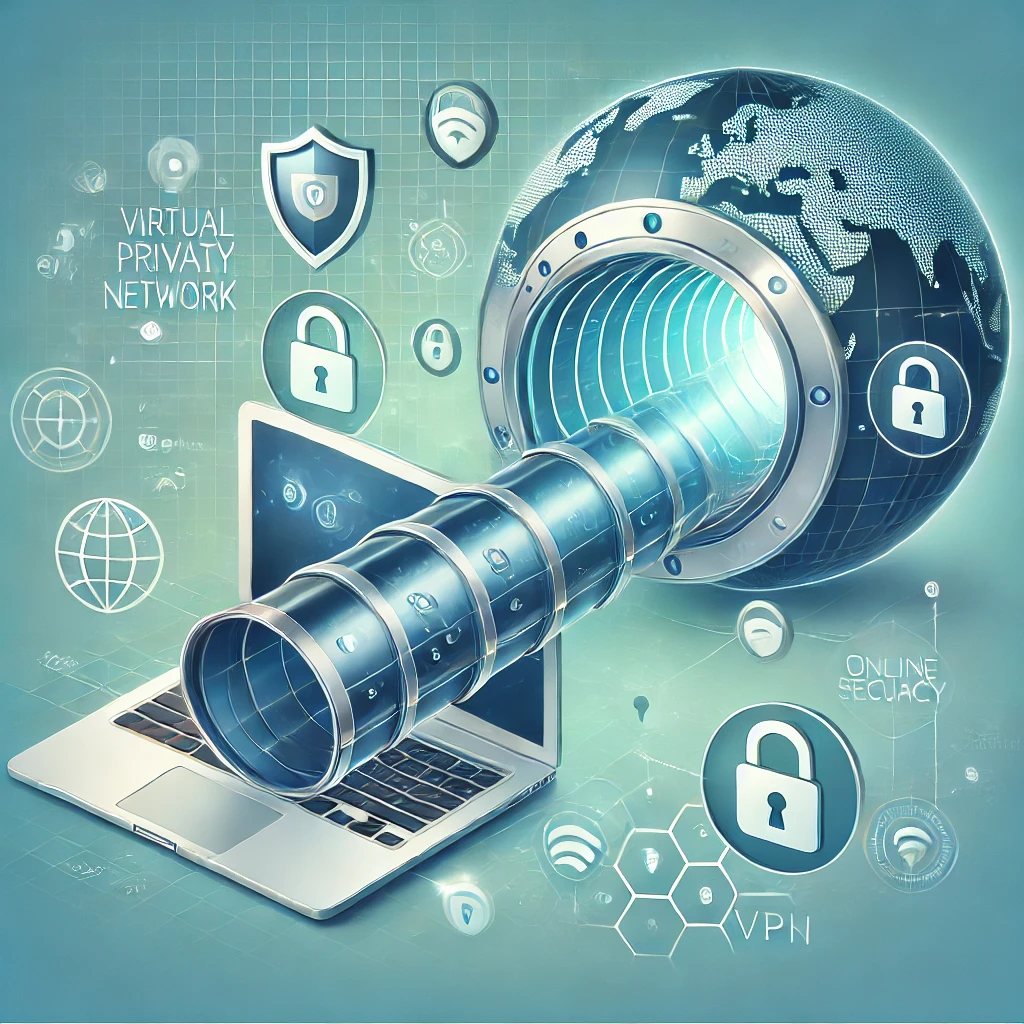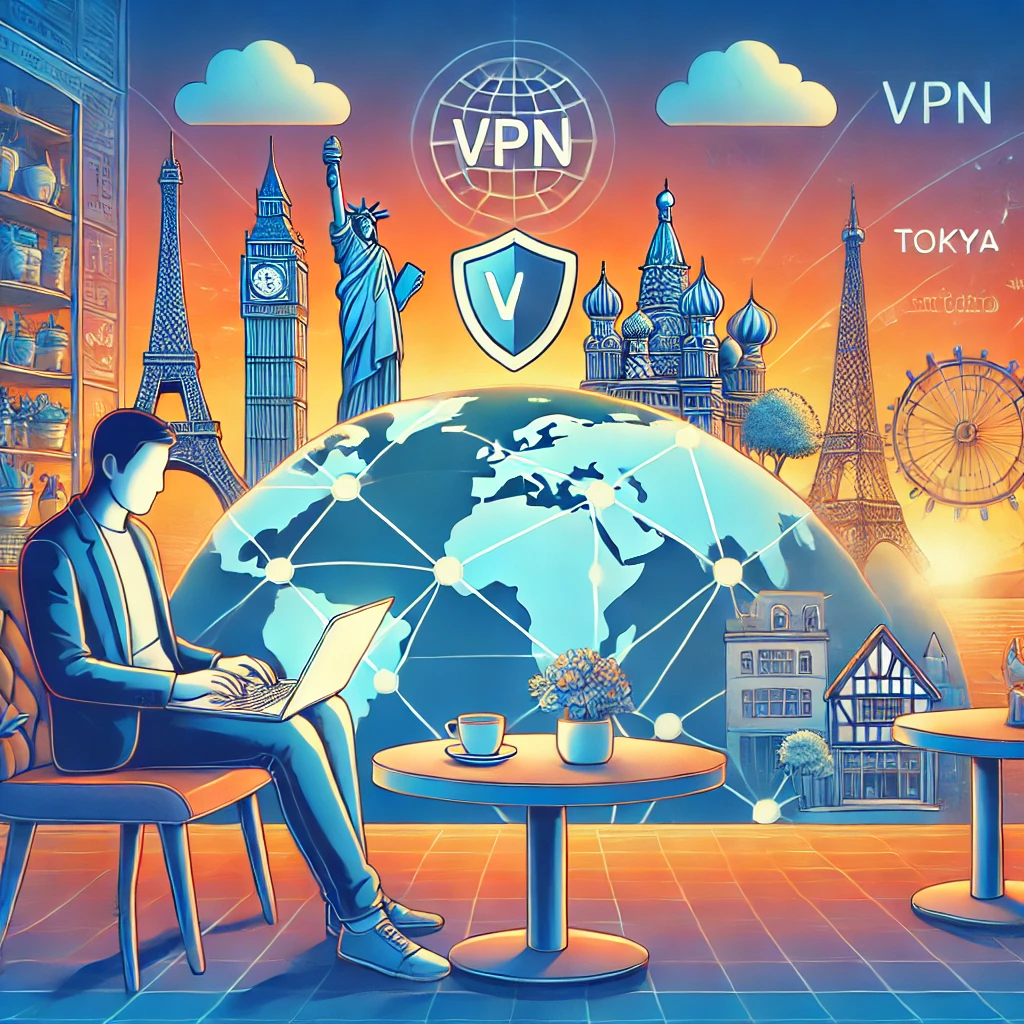In an age where digital threats are growing more sophisticated by the day, protecting your online activities and personal information has become essential. One of the most effective tools to enhance your online security and privacy is a Virtual Private Network (VPN). But how exactly does a VPN protect you? Let’s break it down.
1. Data Encryption
A VPN encrypts your internet traffic, turning your data into an unreadable format while it travels from your device to the destination server. This ensures that even if hackers intercept your data, they cannot decipher it.
How It Works:
- Your data is scrambled using encryption protocols.
- Only the intended recipient (the VPN server) can decode the data.
Benefit: Sensitive information like passwords, credit card numbers, and personal messages are kept safe from cybercriminals.
2. IP Address Masking
Your IP address reveals your physical location and can be used to track your online activities. A VPN hides your real IP address by routing your connection through its server, assigning you a new virtual IP.
How It Works:
- When you connect to a VPN, websites see the VPN server’s IP instead of yours.
Benefit: This helps protect your identity and prevents third parties, such as advertisers and hackers, from tracking your online behavior.
3. Secure Connection on Public Wi-Fi
Public Wi-Fi networks, such as those found in cafes, airports, and hotels, are notoriously insecure. Without protection, your data can be easily intercepted by cybercriminals.
How It Works:
- A VPN establishes a secure tunnel between your device and the internet, even on public networks.
Benefit: You can browse, shop, and access sensitive information without worrying about unauthorized access.
4. Protection Against ISP Tracking
Internet Service Providers (ISPs) often monitor your online activities and may sell your browsing data to advertisers.
How It Works:
- With a VPN, your ISP can only see that you’re connected to a VPN server, not the specific websites you visit.
Benefit: Your browsing history remains private, giving you greater control over your personal data.
5. Defense Against Cyber Threats
A VPN can protect you from certain types of cyber threats, such as man-in-the-middle attacks and data snooping.
How It Works:
- The secure tunnel created by a VPN prevents attackers from intercepting your data.
Benefit: You gain an additional layer of defense against malicious actors targeting your internet connection.
6. Bypassing Geo-Restrictions and Censorship
Some websites and online services restrict access based on your location. Governments in certain regions may also censor internet content.
How It Works:
- By connecting to a server in another country, a VPN allows you to appear as if you are browsing from that location.
Benefit: You can access blocked content and enjoy an open internet experience.
7. Enhanced Online Anonymity
VPNs help you maintain anonymity by concealing your online identity.
How It Works:
- Your true IP address is hidden, and your online activities are not directly linked to you.
Benefit: This is especially useful for journalists, activists, and individuals living under restrictive internet regulations.
Conclusion
A VPN is a powerful tool for anyone who values their privacy and security online. By encrypting your data, masking your IP address, and providing a secure connection on public networks, a VPN helps protect you from cyber threats and unwanted surveillance. Whether you’re browsing, streaming, or working remotely, using a VPN like The Gadfly Voice VPN ensures your digital life remains private and secure.
Ready to take control of your online security? Consider using a VPN to safeguard your data and enjoy a safer, more private internet experience.




